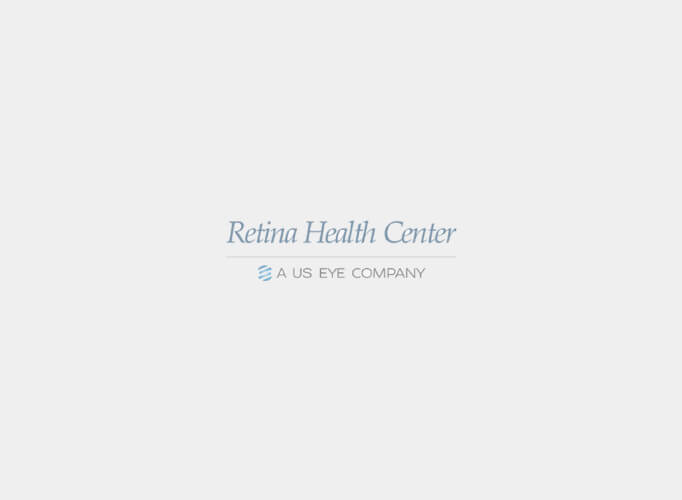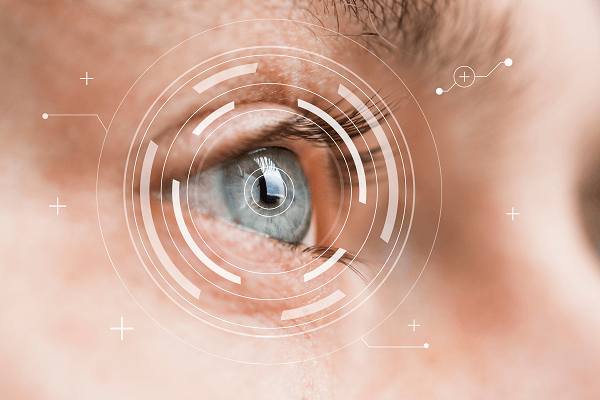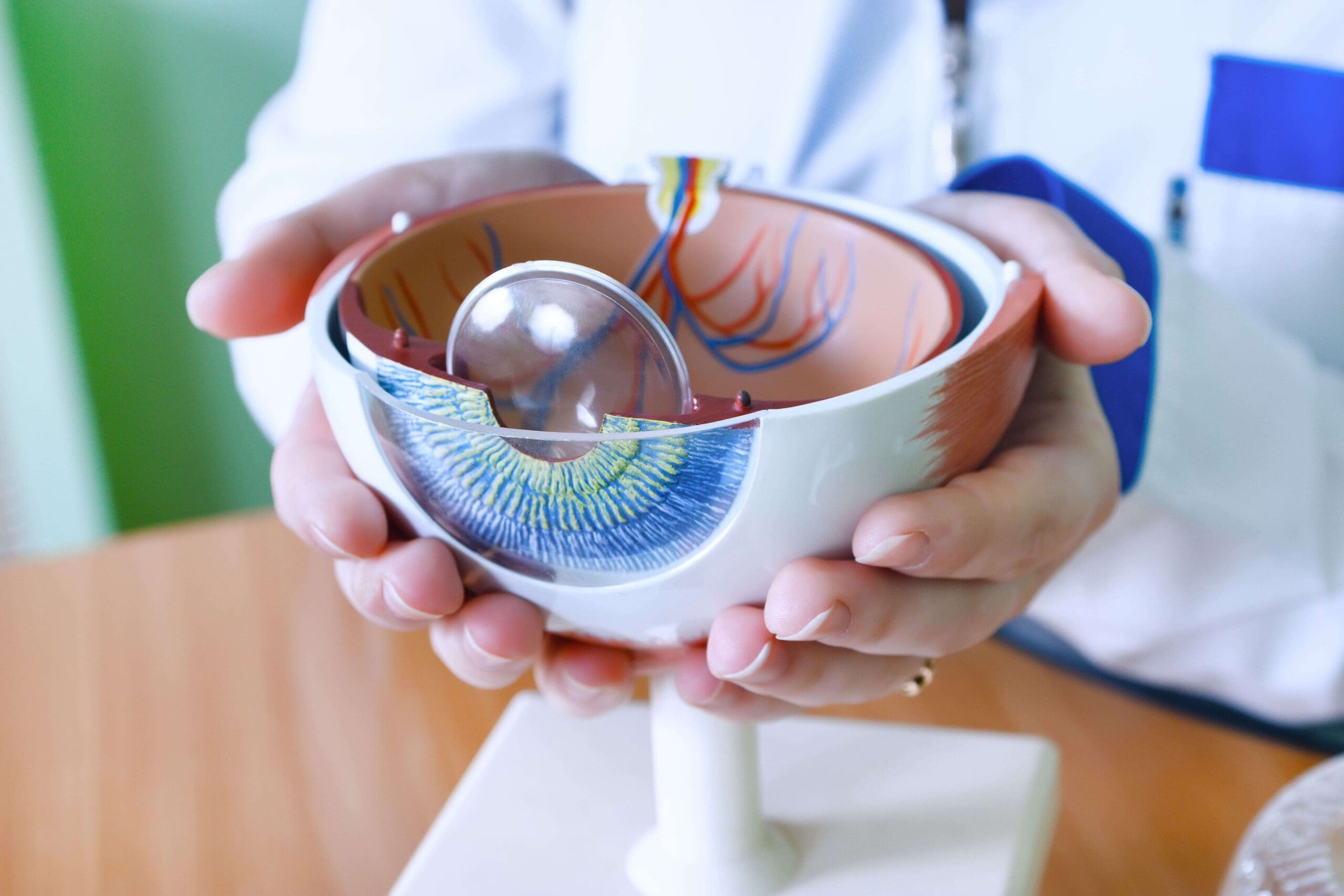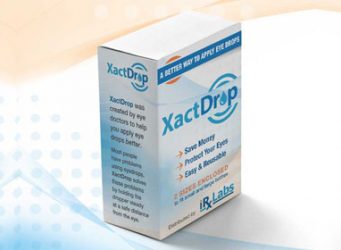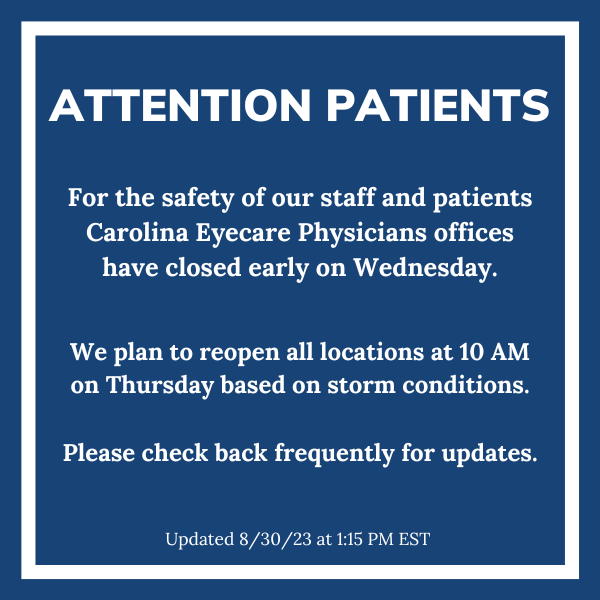Dr. Alexander M. Eaton and his research colleagues have been awarded a patent for a new guarded injection device used for targeted application of medication for retinal disorders. Developed by Dr. Eaton and the Retina Health Center in collaboration with other researchers, the guarded injection device incorporates a small gauge needle covered by a thin protective sleeve designed to protect the needle from contamination risks before and during the injection, such as aerosolized saliva droplets from speech or breathing, as well as from the eyelashes or other external contaminants.
In July 2012, Retina Health Center conducted clinical trials involving 70 consenting patients to evaluate the delivery time and comfort using the guarded injection device, compared to existing techniques that use a lid speculum.
According to the study, use of the guarded injection device without a lid speculum (a device that is inserted into the eye to hold the eyelids open and prevent blinking) reduces the injection time by one-third, and saves considerable staff time that would be needed to process the lid speculum. However, in reviewing pain scores of participating patients, there was no significant difference in patient pain levels when comparing injections with a lid speculum versus those without a lid speculum, though the results show a trend toward greater comfort using the guarded injection device. Similarly, while there was no difference in rates of infections using the two devices, the prevention of needle contamination using the guarded device, despite documented video contact with an eyelid, suggests it has a protective effect.
“The guarded injection device addresses an unmet need by providing a simple way of reducing injection times and theoretically reducing risk of injection from direct contact with eyelids, aerosolized saliva and other environmental contaminants during injection,” said Retina Health Center Director Dr. Alexander Eaton. “For patients with wet age related macular degeneration and other retinal disorders who undergo injections up to every four weeks, this device should improve the patient care experience by reducing the injection time.”
An estimated 10 million people worldwide receive eye injections every year. This number has increased considerably over the last few years and is expected to continue to increase in the foreseeable future. The most serious complication of intravitreal injections (IVIs) is endophthalmitis, with incidences of infection rates being reported between 0.02 percent and 0.87 percent. While the incidence of endophthalmitis following IVIs is low, the outcome tends to be poor.
This is the first of a number of products being developed by I-Tech JV Development Company which address issues with preventing infections following insertion of a needle or catheter. By combining a team of retinal thought leaders and experienced device designers, the I-Tech JV Development Company is able to rapidly assess and develop products to meet evolving retina and overall health needs. Retina Health Center and the Macular Degeneration Research Center were established in 2002 by Dr. Alexander M. Eaton, a long-time Southwest Florida resident who has been practicing ophthalmology in Lee and Collier counties for 20 years. Dr. Eaton has been the principal investigator for numerous studies to prevent and treat macular degeneration. For more information on the latest studies or to make an appointment, call 239-337-3337 in Fort Myers or 239-793-5200 in Naples or contact us.

